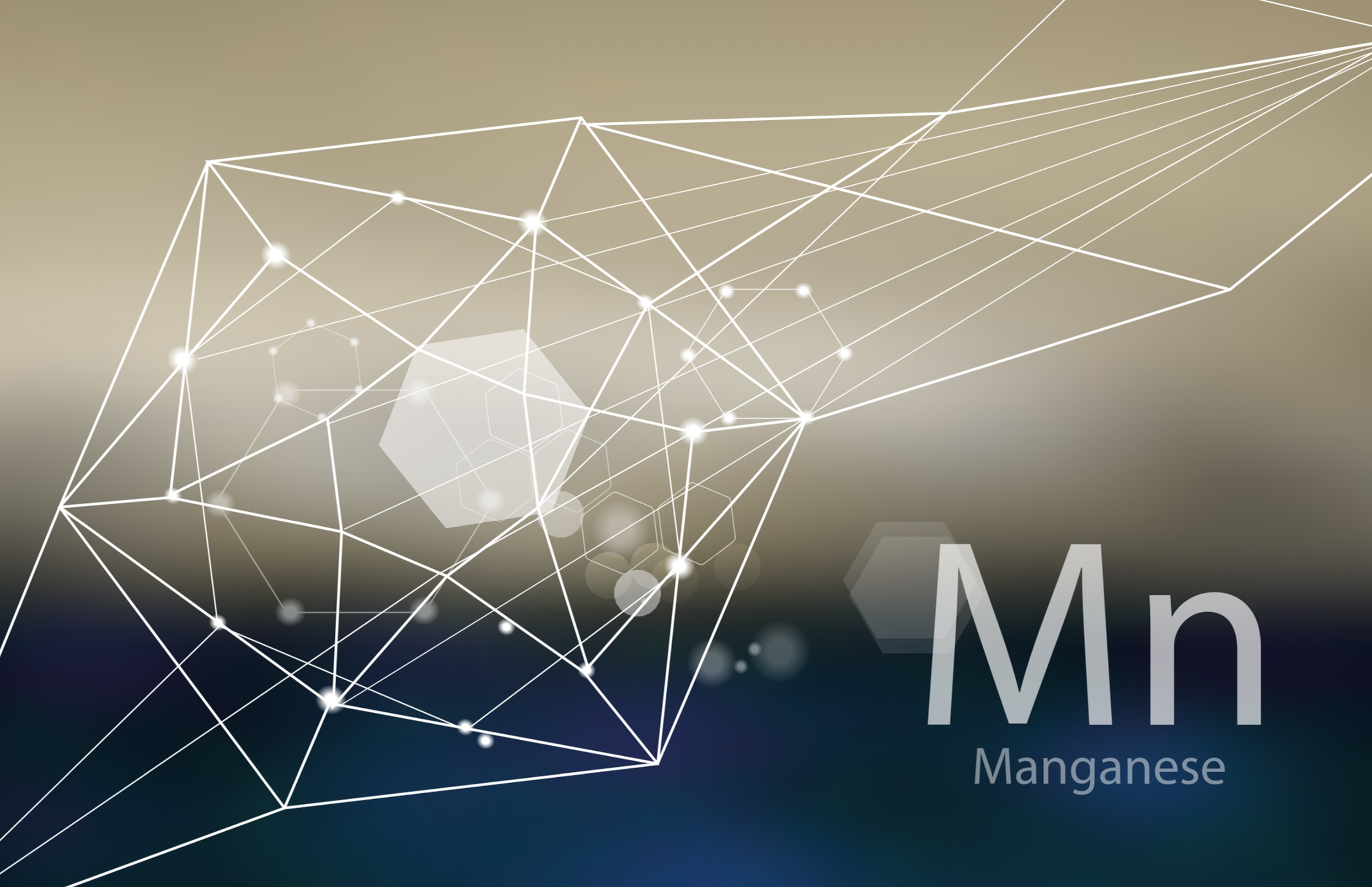Giyani granted mining licence for Botswana manganese project
Opinion Pieces

24
Sept
2024
Giyani granted mining licence for Botswana manganese project
Giyani Metals, developer of the K.Hill battery-grade manganese project, has been granted a mining licence from the Ministry of Minerals and Energy of Botswana.
The mining licence is valid for 15 years and can be renewed multiple times, for up to 25 years each renewal. It is, therefore, sufficient to accommodate K.Hill’s requirements over the extended 57-year life of operations as defined in a preliminary economic assessment (PEA) prepared in July 2023.
The award of the licence is a positive step for Giyani, which has commenced a definitive feasibility study (DFS) to be completed in 2025, and is concurrently constructing a battery-grade manganese demonstration plant in Johannesburg, due to be commissioned in Q4 2024.
The outcomes of both of these endeavours will be critical for Giyani. The product from the demonstration plant will be used for qualification by potential offtakers, while the outcome of the DFS will be key to attracting capital, allowing investors and financial institutions to gauge the project’s risks and potential returns.
Project Blue believes that demand for battery-grade manganese is set to soar owing to its use in a variety of lithium-ion cathode formulations (notably NCM and LMFP). New supply will be needed to meet demand, which creates an opportunity for projects like K.Hill.
However, such projects will also have to overcome several technical and operational challenges. Perhaps the most central challenge is producing material at a sufficiently low cost to attract consumers.
Nearly all (>95%) battery-grade manganese production today takes place in China, at relatively low cost. Meanwhile, Western projects are typically much more expensive than their Chinese counterparts (the K. Hill PEA used pricing assumptions of US$3,500-3,800/t while 2024 China prices are set to average around US$750/t).
Costs are, of course, not the only factor under consideration. Inflation reduction act (IRA) (and other) incentive potential, security of supply, product quality, and sustainability considerations matter too – and together are creating tailwinds for ex-China projects targeting battery-grade manganese production. Nonetheless, costs remain important – and Project Blue believes that for a Western HP MSM supply chain to develop there will need to be a commitment made to pay a premium for ex-China material (at least initially) to help incentivise new supply.